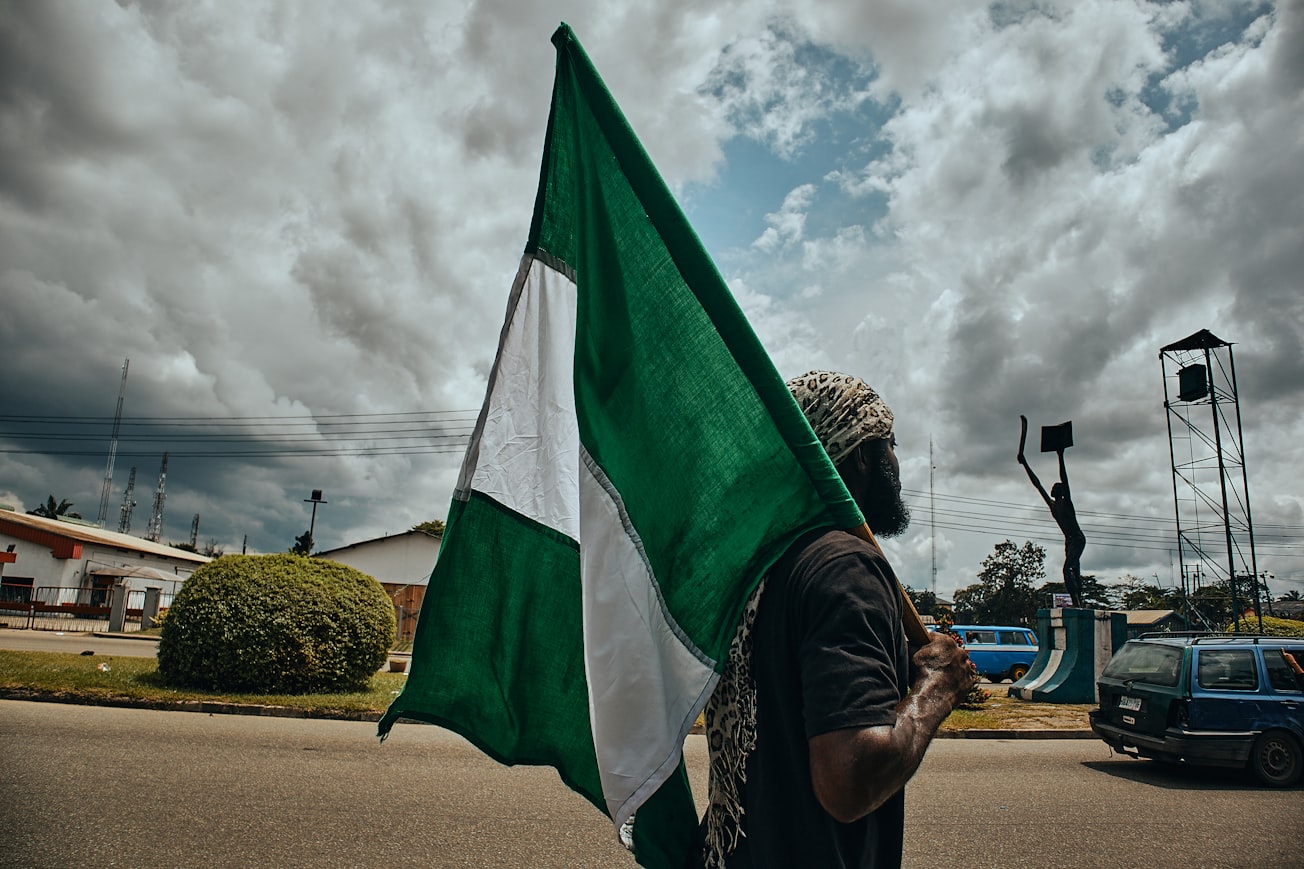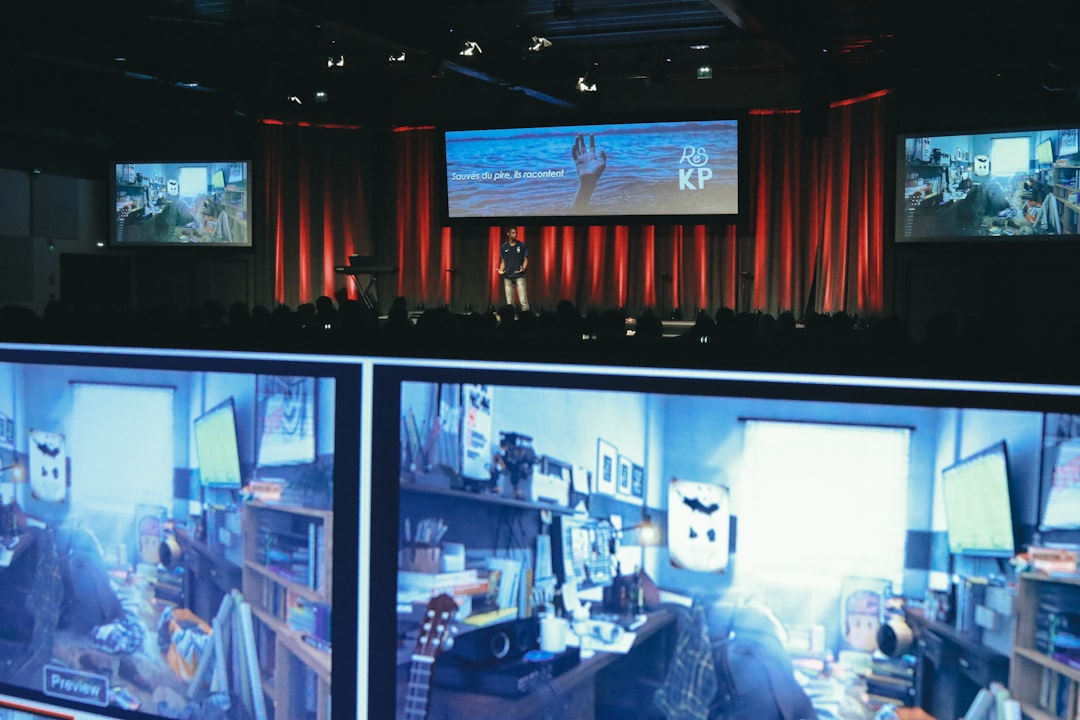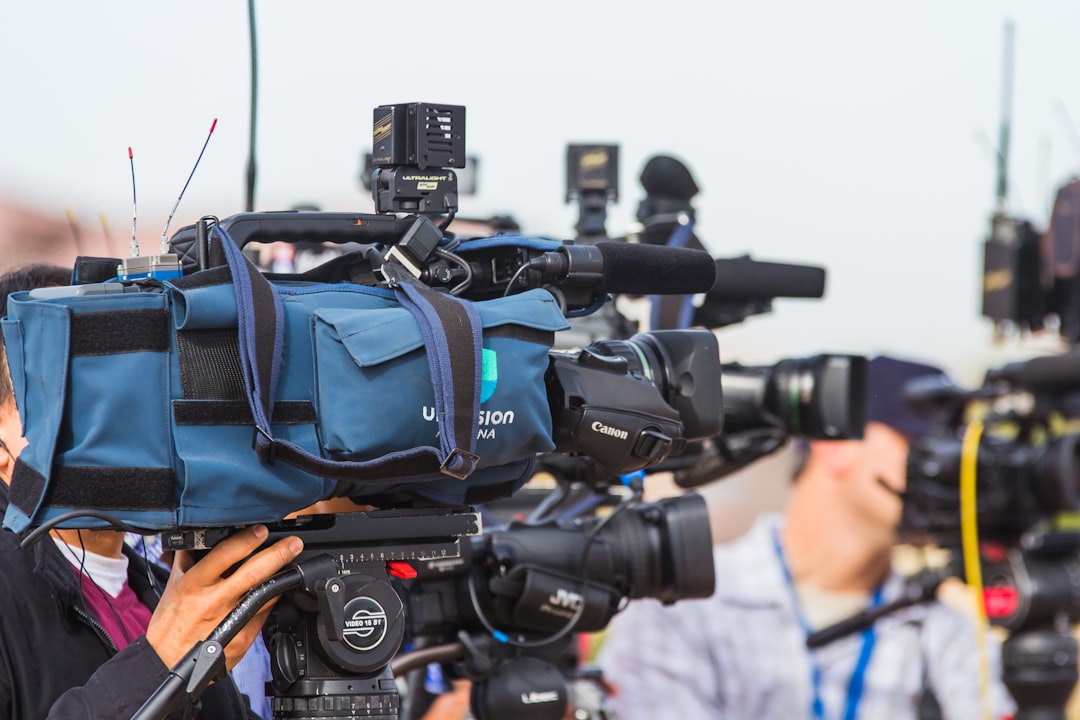What is it about?
This article focuses on the challenges that media ownership poses to Nigerian society as the nation works towards overall development through good governance.
Featured Image

Photo by Emmanuel Ikwuegbu on Unsplash
Why is it important?
While recognizing that the relationship between the media in Nigeria and their ownership is indeed a vexed issue in the history of media and political discourse, there is a need for us to confront it head-on, at least with the view to keeping its impact within manage-able bounds. We need to jettison the idea that no publication, no matter how independent it may claim to be, can escape serving certain vested interests, either knowingly or unknowingly. This interest may be commercial, political, communal, tribal or even religious.
Perspectives
Engendering good governance is an inevitable task that must be accomplished if any society must make any progress towards development. In this, the role of the media inevitably comes into play, being that communication is fundamental to development and that the media have become the most influential communication platform in the modern world. However, one certainly recognizes that the media do not operate in a vacuum; much as they are powerful in society, their performance is conditioned by certain social structures in which they are embedded.
Dr Chikezie E. Uzuegbunam
Rhodes University
Read the Original
This page is a summary of: Exploring the ethical challenge of media ownership: Is Nigerian media’s role in good governance possible?, Journal of Applied Journalism & Media Studies, November 2015, Intellect,
DOI: 10.1386/ajms.4.3.397_1.
You can read the full text:
Contributors
The following have contributed to this page










